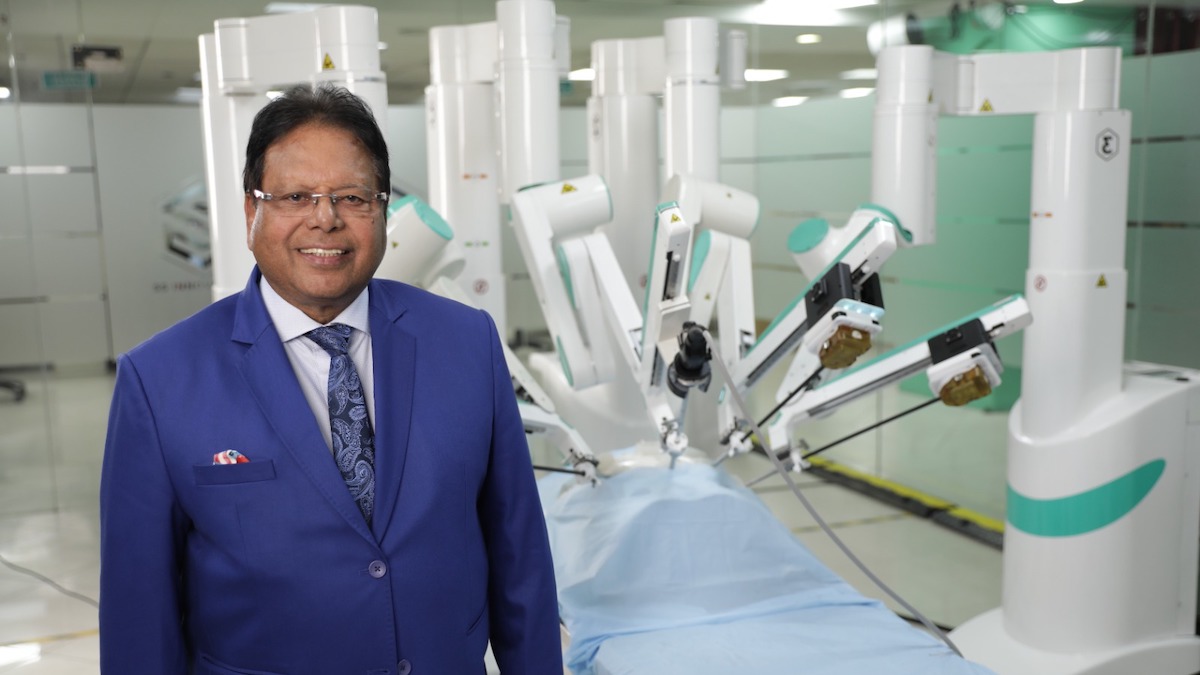In a bid to augment the good manufacturing practices (GMP) in both large and small pharmaceutical manufacturing units across the country, the Centre on August 2 said drug makers will have to mandatorily implement Schedule M of the Drugs and Cosmetics Act in the coming 12 months.
“Pharma companies which have an annual turnover of over Rs 250 crore will get a window of six months to adopt good manufacturing practices (GMP) in the plants, while those with a turnover of less than Rs 250 crore will have to do the same in 12 months,” Union Health Minister Mansukh Mandaviya said.
Mandaviya said firms that fail to follow the timelines may be penalised as per the provisions of the law.
The GMP was first incorporated in Schedule M of the Drugs and Cosmetics Rules, 1945, in the year 1988, and the last amendment was made in June 2005.
“Schedule M (of the Drugs and Cosmetics Act) has not been implemented properly by the majority of the drug makers,” he said.
Mandaviya said India has around 10,500 pharma manufacturing units, of which over 8,500 fall under the MSME category.
“The observations from the ongoing Risk-Based Inspections by the officials have shown that there is a need to have a relook at the current GMP regulations and Quality Management Systems being followed by pharmaceutical manufacturers,” he added.
Recently, drug regulators inspected 162 units and 14 public testing labs. Among the major issues detected were poor documentation, a lack of process and analytical validations, and the absence of a quality failure investigation.
“Based on these factors and to keep pace with the fast-changing manufacturing and quality domain, there was a necessity to revisit and revise the principles and concept of GMP mentioned in the current Schedule M,” the Health Ministry said in a statement.
According to the ministry, the implementation of Schedule M in the manufacturing units will address most of the deficiencies related to documentation, failure investigation, and technically qualified personnel, with the right person doing the right job.
“It will support the development of a robust quality management system in the company, thereby enabling the production of globally acceptable quality medicine. Better quality management will help manufacturers grow their businesses nationally and internationally, which is a huge opportunity for the Indian pharmaceutical business,” it added.






